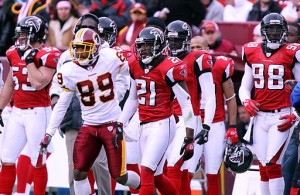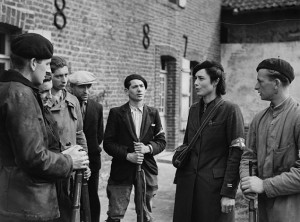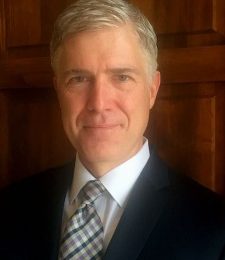Juan Manuel Santos, the president of Columbia, negotiated a peace deal with the left-wing rebels known as FARC, which has been conducting a guerilla war for 52 years. But on October 2, the people of Columbia voted down the agreement. Five days later, Santos won the Nobel Peace Prize.
I suspect the votes had already come in before the election. The committee never dreamed that Columbians would refuse to approve a peace deal. (Reportedly, voters thought the agreement was too lenient with the guerillas.) Nevertheless, the Nobel Peace Prize was awarded to someone for making peace, even though he didn’t actually make peace.
But as Jay Nordlinger shows, this isn’t the first time the Nobel Peace Prize has missed its mark.
From Jay Nordlinger, The Colombian Nobel: A decision in historical context | National Review:
Over the course of four years, Juan Manuel Santos, the president of Colombia, negotiated with the guerrillas known as “the FARC.” This is the Spanish acronym for “Revolutionary Armed Forces of Colombia.” The guerrillas have waged war for more than a half-century now: 52 years. The results have been catastrophic.
On August 24, Santos and the FARC came to an agreement. On October 2, the agreement was put to a national referendum. Most people expected it to be approved by a landslide. In the end, it was narrowly disapproved: 50.2 percent to 49.8 percent. Evidently, the majority felt that the agreement was far too generous to the guerrillas. So, it was back to the drawing board for the negotiators.
October 2 was a Sunday. The Norwegian Nobel Committee made its big announcement on Friday, October 7: The Nobel Peace Prize for 2016 would go to Juan Manuel Santos.



